JEFFREY HELGESON is assistant professor at Texas State University. He is also a director at Labor Trail, a collaborative project of the Chicago Center for Working Class Studies.
The University of Chicago Press, Chicago 60637
The University of Chicago Press, Ltd., London
2014 by The University of Chicago
All rights reserved. Published 2014.
Printed in the United States of America
23 22 21 20 19 18 17 16 15 14 1 2 3 4 5
ISBN-13: 978-0-226-13069-9 (cloth)
ISBN-13: 978-0-226-13072-9 (e-book)
DOI: 10.7208/chicago/9780226130729.001.0001
Library of Congress Cataloging-in-Publication Data
Helgeson, Jeffrey, author.
Crucibles of black empowerment : Chicagos neighborhood politics from the New Deal to Harold Washington / Jeffrey Helgeson.
pages cm (Historical studies of urban America)
ISBN 978-0-226-13069-9 (cloth : alk. paper) ISBN 978-0-226-13072-9 (e-book)
1. African AmericansPolitical activityIllinoisChicago. 2. Chicago (Ill.)Politics and government20th century. I. Title. II. Series: Historical studies of urban America.
F548.9.N4H45 2014
323.1196'073077311dc23
2013043971

This paper meets the requirements of ANSI/NISO Z39.48-1992 (Permanence of Paper).
Crucibles of Black Empowerment
Chicagos Neighborhood Politics from the New Deal to Harold Washington
JEFFREY HELGESON
THE UNIVERSITY OF CHICAGO PRESS
CHICAGO AND LONDON

HISTORICAL STUDIES OF URBAN AMERICA
Edited by Timothy J. Gilfoyle, James R. Grossman, and Becky M. Nicolaides
Also in the series:
Urban Appetites: Food and Culture in Nineteenth-Century New York
by Cindy R. Lobel
The Streets of San Francisco: Policing and the Creation of a Cosmopolitan Liberal Politics, 19501971
by Christopher Lowen Agee
Harlem: The Unmaking of a Ghetto
by Camilo Jos Vergara
Planning the Home Front: Building Bombers and Communities at Willow Run
by Sarah Jo Peterson
Purging the Poorest: Public Housing and the Design Politics of Twice-Cleared Communities
by Lawrence J. Vale
Brown in the Windy City: Mexicans and Puerto Ricans in Postwar Chicago
by Lilia Fernandez
Building a Market: The Rise of the Home Improvement Industry, 19141960
by Richard Harris
Segregation: A Global History of Divided Cities
by Carl H. Nightingale
Sundays at Sinai: A Jewish Congregation in Chicago
by Tobias Brinkmann
In the Watches of the Night: Life in the Nocturnal City, 18201930
by Peter C. Baldwin
Miss Cutler and the Case of the Resurrected Horse: Social Work and the Story of Poverty in America, Australia, and Britain
by Mark Peel
This book is dedicated to Mary (Keefe) Helgeson, Roger Helgeson, Anne Halsey, Charles Helgeson, Sadie Helgeson, Jesse Helgeson, and all those who are among the proudly restless Americans working to identify the individuals and institutions that maintain inequality and exclusion in a land of plenty, while never giving up on the potential for seemingly small countermeasures to add up to monumental democratic change.
Contents
Figures and Maps
FIGURES
MAPS
INTRODUCTION
Chicago: City of Destruction and Crucible of Black Power
Addie Wyatt remembered the move to Chicago as a lesson in disappointment. As a child in Brookhaven, Mississippi, she had watched with pride as her mother taught school, her father worked as a skilled tailor, and her grandmother, a midwife, cared for the families in her community. In 1930, when she was six years old, her family packed up and moved to Chicago to join relatives. Many people in the South, she remembered later, thought that the North, especially Chicago, was the land of promise.
In many ways, Chicago was a city of destruction for black families like Wyatts.
In retrospect, however, Addie Wyatts life history is not, ultimately, a story about despair or escape. It is a story that epitomizes the combination of frustration and hope that defined black Chicagos long history of community-based activism. During and after the Great Depression, Wyatt and thousands of black Chicagoans in similar circumstances sustained efforts to improve the quality of life in local communities. They worked to improve neighborhoods, secure decent housing, win good jobs, and build the political power to increase individual access to all these measures of the good life in the city. After the World War II economic boom ended the Depression, Chicago turned out to be a place where great suffering mixed with increasing access to economic and political opportunitiesat least for some of the citys black residents. Consequently, thousands of ordinary people like Wyatt found inspiration both to fight against oppression and to foster locally based initiatives for self-help and community development. In the process, black Chicagoans created resilient local bases of power and a long and rich tradition of black liberal politics. Out of struggles to counter racism and economic exclusion day after day, they constructed a political culture in which pragmatic nationalism and a commitment to opening the city for individual opportunity overlapped with the long history of more radical labor and civil rights activism.
How did Addie Wyatt turn this city of destruction into a crucible of black power? And in her work to establish her own family while also giving back to her community, Wyatt ultimately developed a distinguished career as an activist with deep foundations in her neighborhood, her church, and her labor union.
Addie Wyatt met and fell in love with her husband, Claude, when she was just fourteen years old. By the end of her sixteenth year they were married. We thought we could better our own lives, Wyatt explained, by getting married and going on our own. A teenage mother who had to work, but who also found that the employment options were limited for black women in Chicago, Wyatt grew up quickly.
To make ends meet, they turned to their family networks and lived with their parents. Soon, though, tragedy struck, disrupting plans again. In 1944, Addies mother died at the age of thirty-nine. With her father sick and incapable of caring for children, Addie and Claude took in her five littlest brothers and sisters. Every morning was a child care crisis, Addie remembered, and every day another trial in trying to hold my job. The troubles piled up. We didnt have a decent place to live.... We lived in a terrible rat infested apartment, rats as big as cats. Sometimes wed have to fight them off the children. But no one would rent to her and Claude, such a young couple with so many children to care for. Then Claude was drafted into the Navy. I had just lost my mother. My husband and I had never been in a war before.... It seemed as if our world had come to an end.
But she saw a ray of hope. I applied for an apartment in a housing project, the Altgeld Gardens Project on the far South Side built for defense workers, because I felt that this would be a means of getting some place decent to live. She got a break when she and Claude finally secured a placement interview with the Chicago Housing Authority. To qualify for
The kinds of struggles Wyatt lived through in her personal life were commonplace in black Chicago. Struggles to meet the day-to-day needs of work and home life became, for so many people, wrapped up in broader efforts to open the city. Addies life story, however, points to something much more than just an extraordinary person rising above the suffering of her neighbors. As a working mother, a union leader, a minister, a civil rights activist, and a powerful political figure, Wyatt tapped into the central institutions of the city that allowed black Chicagoans to continually remake their lives and communities. She may have been extraordinary for her accomplishments, but her commitment to community-based efforts to address the immediate challenges of overlapping systems of race, class, and gender inequality was characteristic of black Chicagos political culture.


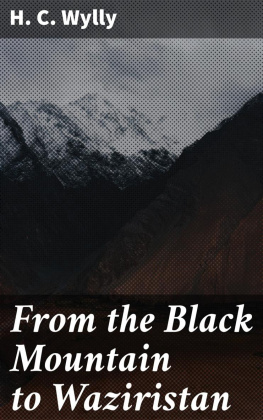
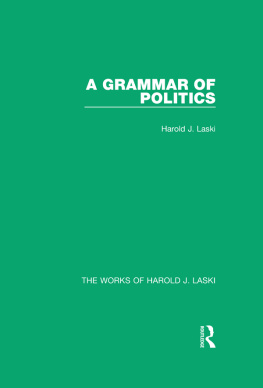
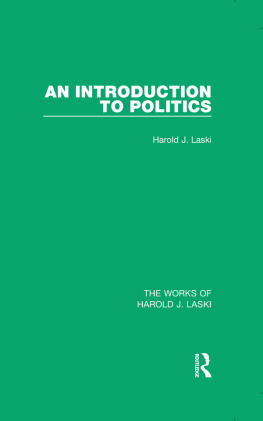
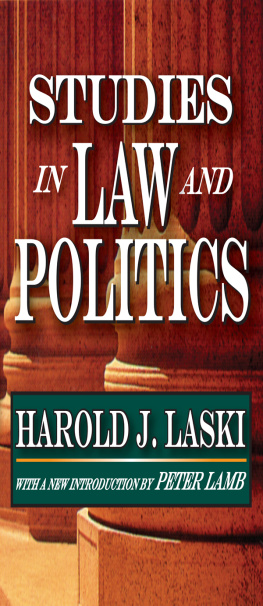
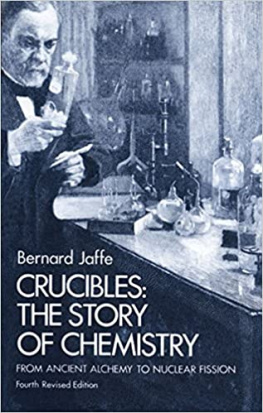
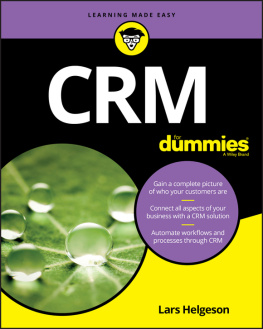
 This paper meets the requirements of ANSI/NISO Z39.48-1992 (Permanence of Paper).
This paper meets the requirements of ANSI/NISO Z39.48-1992 (Permanence of Paper).